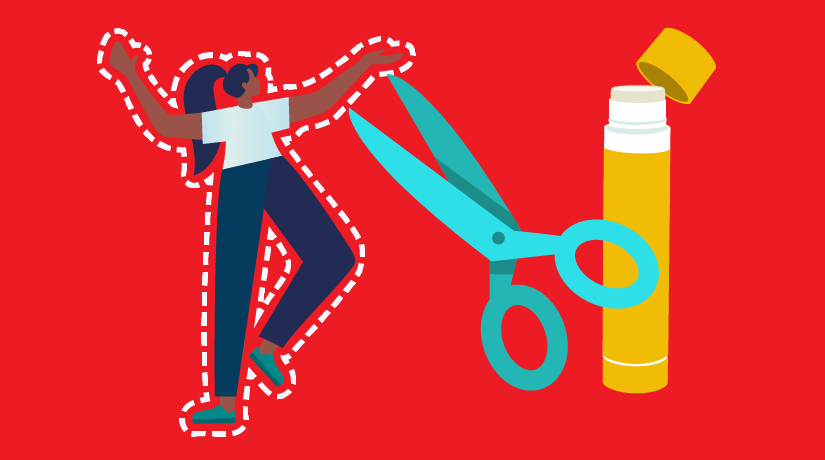How do you stick to that routine of running, exercising in the park or going to the gym when the evenings get darker and the weather gets wetter and colder? In fact, how do you change your behaviour for the better and commit to your goals at work, at home or in any other aspect of your life?
There are no shortage of theories. Changing one small, achievable thing can help, as can thinking about the downside if you don’t make this positive change and stick to it. But here’s a new idea based on research from the University of Pennsylvania – copy your friends.
The theory is based on the work of Albert Bandura, a psychologist at Stanford University, who has developed what he calls Social Cognitive Theory (SCT). Essentially this approach to learning is based on the idea that when people see someone else performing an action and its consequences – be they positive or negative – they remember the sequence of events and use it to inform their own actions.
“Copy-and-paste” versus “quasi-yoked”
The findings from the researchers at the University of Pennsylvania which were published in the Journal of the Association for Consumer Research suggest that replicating the strategies we see our friends put into action can boost our own resolve.
Katie Mehr, a third-year PhD student in the Decision Processes group at the University, and her colleagues asked just over 1,000 people who said that they wanted to do more exercise, how many hours they’d spent exercising the previous week. The group was then randomly divided into three cohorts.
Those in the “copy-paste” cohort observed how people they knew motivated themselves to exercise and were allowed to ask for advice from these people. Participants in what was rather unappealingly called the “quasi-yoked” were told that researchers would help them to “learn about an effective hack or strategy” that boosts motivation to exercise. The control group was given no message.
Shortly afterwards the participants were asked what strategies they planned to put into practice to increase their exercise regime. The participants in the copy-paste group were asked about the tips and advice that they’d obtained from their friends. The “quasi-yoked” people were given one of over 300 strategies that had been copied and pasted during a pilot study.
A week later, all of the study participants were asked about the number of hours of exercise that they’d done over the last week. They were also asked about their level of motivation based on a scale of one to five. The results showed that those who had copied and pasted their friends’ strategies had devoted nearly an hour longer to exercise than those in the no-message-control and over half an hour longer than those who were “quasi-yoked”.
“A novel, psychologically wise nudge”
The researchers also found that the copy-and-pasters were more motivated than the others. Ms Mehr and her team describe this as “a novel, psychologically wise nudge”.
But why should this be? To find out, the researchers asked the participants nine questions about their strategies. These included questions about how useful and how appealing they were and how committed the participants felt to them. Not surprisingly the answers revealed that that, compared with the “quasi-yoked” group, the copy-and-pasters found that their strategies were more effective and easier to commit to. They also had more social interactions with people who exercised regularly and enjoyed it.
Clearly getting practical advice and tips first hand from people we know, like and respect is an effective way to motivate and inspire us. The obvious next step is to identify those among our friends, colleagues and family who do things that we admire and complete tasks that we sometimes struggle with so that we can emulate their approach and strategies.
Imitation is said to be the sincerest form of flattery. This new research suggests that it’s also one of the most effective ways of encouraging positive behaviours and improving your performance.



